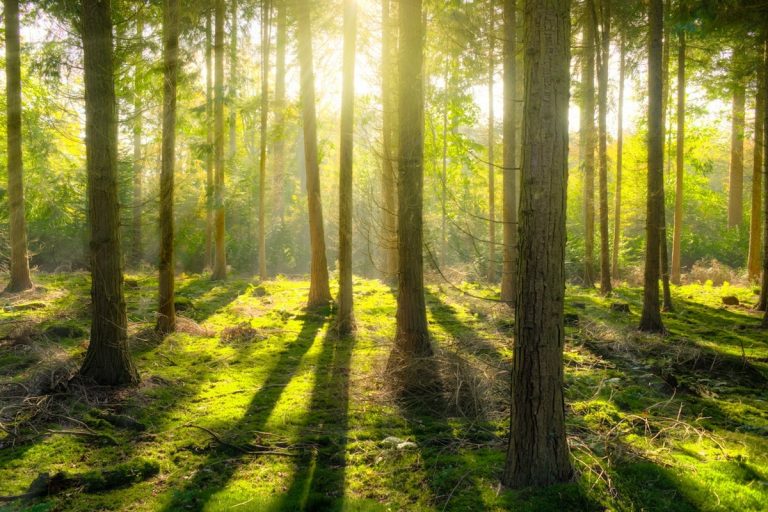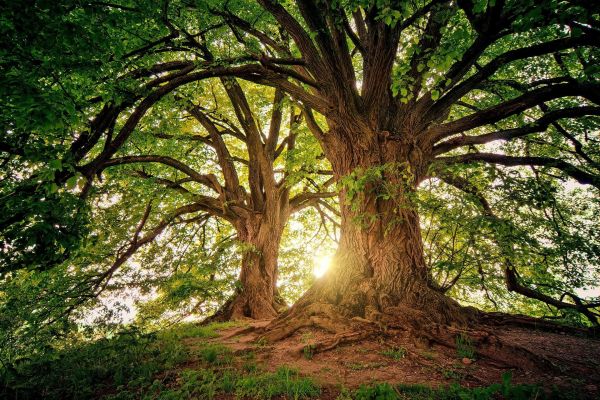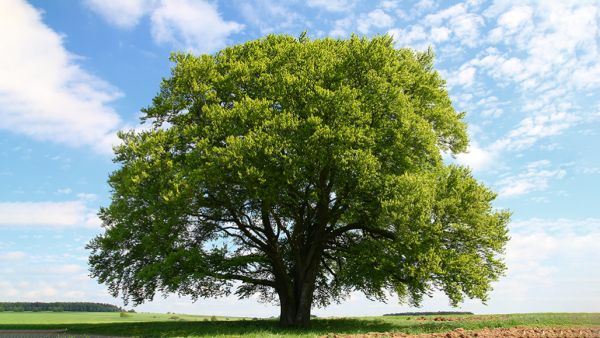In the simplest terms, Arbor Day is significant because trees are significant.
Trees provide clean air and water and protect healthy soil. Trees support biodiversity, good health, and counter climate change by absorbing carbon. Trees also promote financial security, as forestry provides a wide range of jobs from researchers to arborists. Many trees provide fruits, nuts, berries, and leaves for food and raw materials to build homes and other structures.
Trees are vital for all forms of life on our planet.
Beyond the role trees play in the survival of humans, animals, and other living things, trees also provide incredible spiritual and aesthetic enrichment. Trees exist in complex networks, and their interaction with each other and with other living members of their ecosystems can remind us of our connection to one another and how to live generously.
While Arbor Day is not a new holiday, it is perhaps as relevant as ever. Today, deforestation has made a severe, harmful impact on the environment. 80,000 acres of forests are removed from the Earth each year, through various forms of deforestation, including fires, clear-cutting for ranches, logging, and climate-related degradation. In places that have been severely deforested, farmers face uncertainty around food cultivation, and at a global level, these cleared forests release their carbon dioxide into the atmosphere as a greenhouse gas.
Emphasizing the importance of trees and promoting education about trees and their role in our lives can help foster a greater sense of appreciation for them. This can inspire us to take action against deforestation and climate change.

How is it different from Earth Day?
Arbor Day and Earth Day are separate holidays on different days dates, with different origins. Arbor Day goes back to 1872, whereas Earth Day began in 1970.
Earth Day focuses on appreciation, protection, and celebration of the entire planet and all of its ecosystems. While this includes trees and forests, it also encompasses a broad number of other areas, including animal wildlife, oceans, soil, and innovations that can help us live more harmoniously with the planet.
Arbor Day’s focus is more directed toward trees, forests, and tree-related subjects like agroforestry and biodiversity.
While these days are distinct, they both occur at similar points of the year. They also contain a great deal of overlap, as trees are a part of the environment and are essential to the planet’s vital functions. They are ultimately connected, because trees rely on a healthy planet and well-functioning ecosystems to thrive. Likewise, trees are a major component of the global ecosystem, and life on our planet as we know it would be impossible without the role that trees play.



